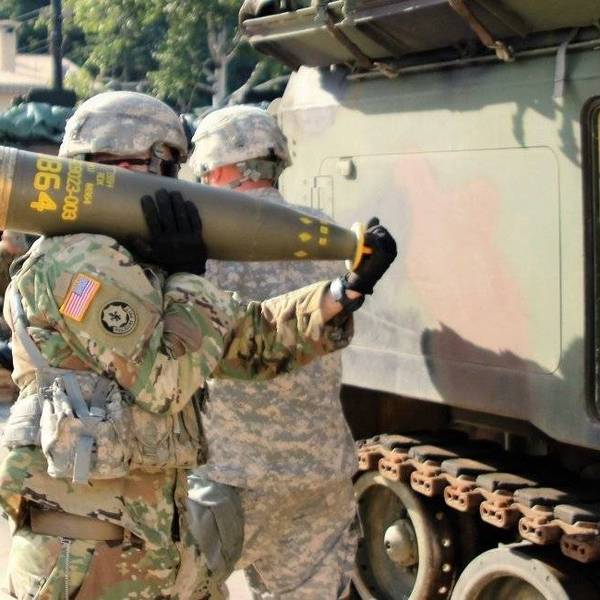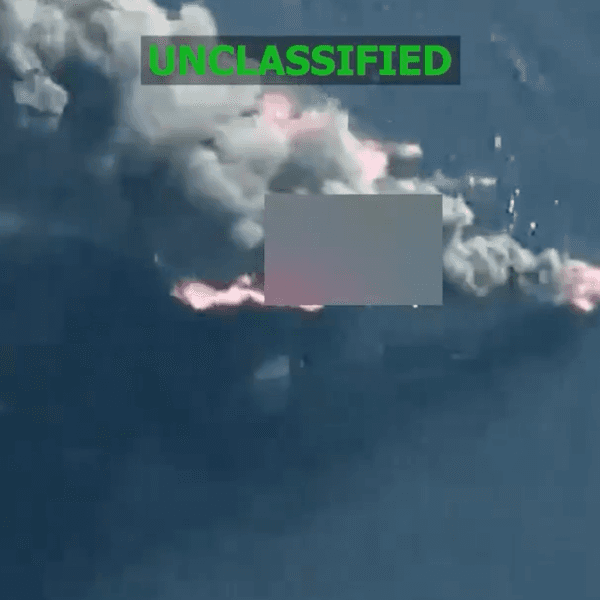The Pentagon made a decision that "beggars belief," human rights groups said Friday, when it tossed out its plan to ban certain cluster bombs that leave a large percentage of lethal, unexploded munitions, which pose a significant risk to civilians.
"This is a profoundly retrograde step that puts the U.S. way out of line with the international consensus--cluster munitions are banned by more than 100 countries due to their inherently indiscriminate nature and the risks they pose to civilians," said Patrick Wilcken, researcher on arms control and human rights at Amnesty International.
The Cluster Munition Coalition also condemned the change, calling the decision "shocking."
A ban on cluster bombs that leave more than 1 percent unexploded ordnance--a smattering of bomblets that can explode and kill or maim any adult, child, or creature--was set to take effect on Jan. 1, 2019.
But on Thursday, the Trump administration scrapped that deadline, arguing that "the weapons are legitimate, not necessarily a humanitarian hazard, and important for wartime attacks on 'area targets' like enemy troop formations."
The Defense Department memorandum, obtained by CNN states, "The Department will retain cluster munitions currently in active inventories until the capabilities they provide are replaced with enhanced and more reliable munitions," and calls the weapons "an effective and necessary capability."
Contrasting the 2008 and 2017 policies, Mary Wareham, advocacy director Human Rights Watch's arms division, writes that the former "recognized the need to minimize civilian harm from unexploded submunitions while 2017 policy prioritizes ensuring the nation's security by ensuring the U.S. is 'ready to fight adversaries now'."
According to Amnesty's Wilcken, "by keeping older types with dud rates of 20 percent or more," the U.S. is "raising serious questions about its regard for the lives of civilians in war zones."
An international treaty banning cluster bombs, the Convention on Cluster Munitions, went into force in 2010. The United States is not a signatory. According to (pdf) data complied by the Cluster Munitions Monitor, the U.S. has used cluster munitions in Afghanistan, Albania, Bosnia and Herzegovina, Cambodia, Grenada, Iran, Iraq, Kuwait, Lao, Lebanon, Libya, Saudi Arabia, Sudan, Vietnam, Yemen, and the former Yugoslavia.




